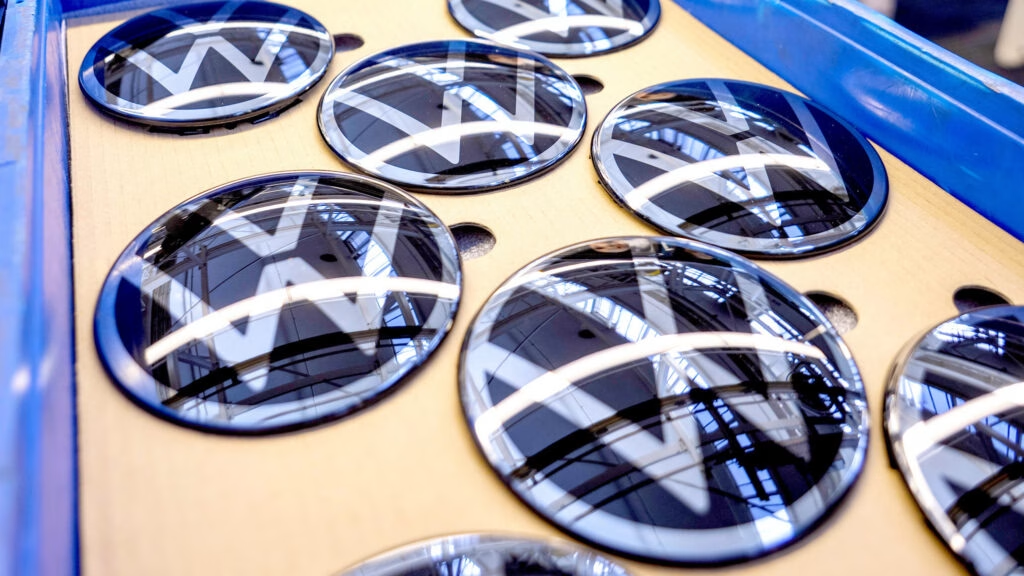Volkswagen is stepping up its game in the U.S. market, and it’s not just about selling cars. With the looming threat of hefty tariffs on imported vehicles, the automaker is looking to invest significantly in the United States. This move is part of a broader strategy to negotiate better terms with the U.S. government, particularly in light of the 25% tariff imposed by the Trump administration.
Why Is Volkswagen Investing in the U.S.?
The motivation behind Volkswagen’s increased investment is clear: the company is in a tough financial spot. Recently, VW reported a staggering 30% drop in profits, a situation exacerbated by rising competition, particularly from Chinese automakers. CEO Oliver Blume has been vocal about the challenges the company faces, admitting that VW has “rested on its laurels for too long.” By pouring more resources into the U.S., VW hopes to not only stabilize its operations but also to soften the impact of these tariffs.
Blume has made it known that he has a direct line to U.S. Secretary of Commerce Howard Lutnick, which he sees as a vital connection in navigating these turbulent waters. He recently visited Washington for what he described as “fair, constructive discussions.” The goal? To negotiate a deal that could alleviate the financial strain caused by the tariffs while simultaneously boosting VW’s presence in the U.S. market.
What Are the Financial Implications?
While Blume hasn’t disclosed the exact amount VW plans to invest, he did reference a significant $5.8 billion investment in Rivian, an electric vehicle manufacturer. This suggests that VW is not just looking to maintain its current operations but is also eyeing future growth, particularly in the electric vehicle sector. The company’s growth strategy could involve “massive investments” that would ideally lead to job creation and innovation in the U.S.
The stakes are high for VW. The automotive industry is undergoing a seismic shift towards electric vehicles, and companies that fail to adapt risk being left behind. By investing in the U.S., VW aims to position itself as a key player in this evolving market, potentially gaining a competitive edge over rivals.
What About the Broader Impact?
Blume’s ambitions extend beyond Volkswagen itself. He’s advocating for a broader deal that would benefit not just his company but the entire automotive industry. This approach reflects a growing recognition that tariffs and trade policies have far-reaching implications that can affect jobs and economic stability across multiple sectors.
The European Union is also in the mix, working to negotiate terms that would satisfy President Trump. However, Blume is keen to take an active role in these discussions rather than leaving it solely to Brussels. This proactive stance could be crucial in shaping a favorable outcome for all parties involved.
What’s Next for Volkswagen?
As VW navigates these challenges, it’s clear that the company is at a crossroads. The decision to invest heavily in the U.S. could be a game-changer, not just for VW but for the automotive landscape as a whole. With plans to cut 35,000 jobs by 2030, the company is also making tough decisions to streamline operations and focus on future growth.
The big takeaway? Volkswagen’s journey isn’t just about overcoming tariffs; it’s about redefining its role in a rapidly changing automotive world. By making strategic investments and fostering direct communication with U.S. officials, VW is positioning itself to adapt and thrive in the face of adversity. Start with one change this week, and you’ll likely spot the difference by month’s end.

